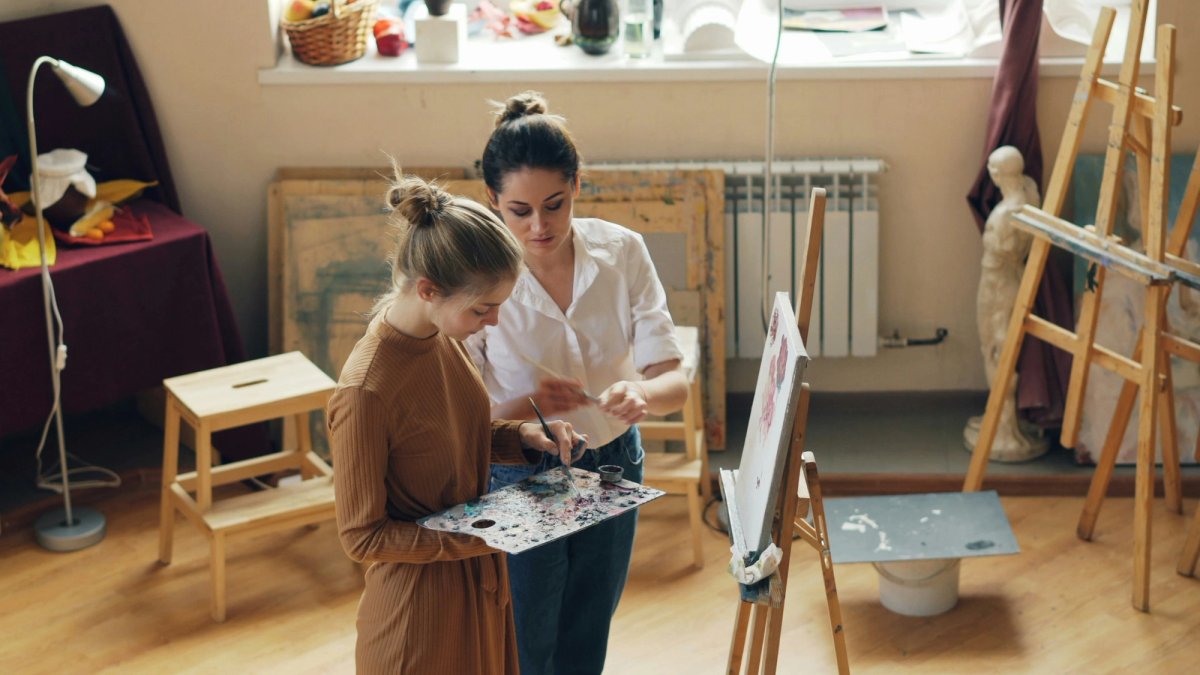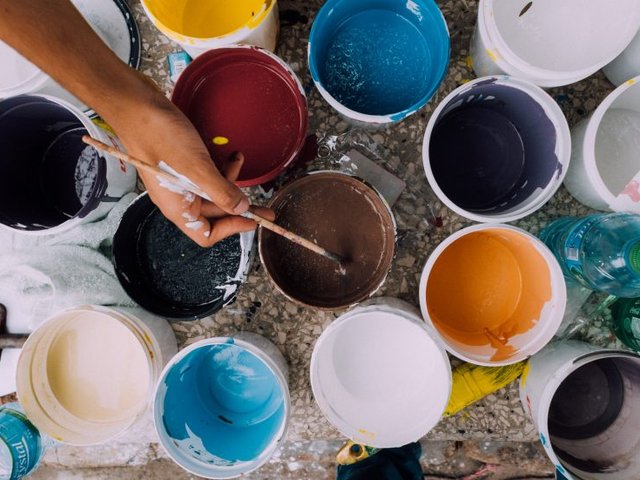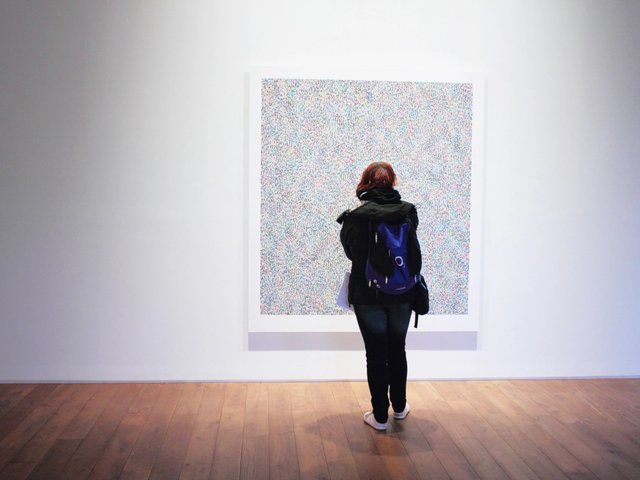A new report commissioned by the UK government that proposes scrapping the English Baccalaureate (EBacc) has today been welcomed by campaigners, who say that the qualification has downgraded arts subjects in English schools.
The EBacc, introduced in 2010 by the then education secretary Michael Gove, requires pupils to study a minimum of seven GCSEs, including maths and a language, but the options do not include any arts subjects. Schools have subsequently been forced to concentrate on these core subjects with arts options increasingly excluded, campaigners say.
Under the new system, according to The Times, teenagers will be expected to take English, maths and two single sciences or combined science. They must choose two GCSEs that are either creative, humanities or languages and two free choice subjects.
The education secretary Bridget Phillipson commissioned the new review of the GCSE curriculum, which was led by Professor Becky Francis, the chief executive of the Education Endowment Foundation.
Responding to the report's recommendations, the Ministry of Education said in a statement: “Under the new arrangements, arts GCSEs will be given equal status to humanities and languages, recognising their value in boosting confidence and broadening skills for a competitive job market.”
In 2024/25, 40.5% of pupils in England were entered for the EBacc according to government data. According to recent research conducted for Arts and Minds by WeThink/Omnisis, participation in arts subjects at GCSE level has fallen by 42% over the past 15 years.
The Cultural Policy Unit, a think-tank led by Alison Cole (the former editor of The Art Newspaper), says in a statement: “This is a dramatic turnaround, following 14 years of arts and creative education being eroded in our schools. The EBacc, a measure which at one stroke made arts and culture the preserve of a privileged few, is to be scrapped, a bold recommendation that is to be hugely applauded and which marks a major move towards reducing inequality. We are also delighted that the arts, together with the humanities and languages will form the fifth pillar of a true and rounded education for all.”
The Cultural Policy Unit also recommends a Childhood Arts Guarantee, which would ensure that every child participates in key artistic and cultural experiences. “We hope a commitment to such ‘core enrichment’ will be met in as well as out of school,” a statement adds.




